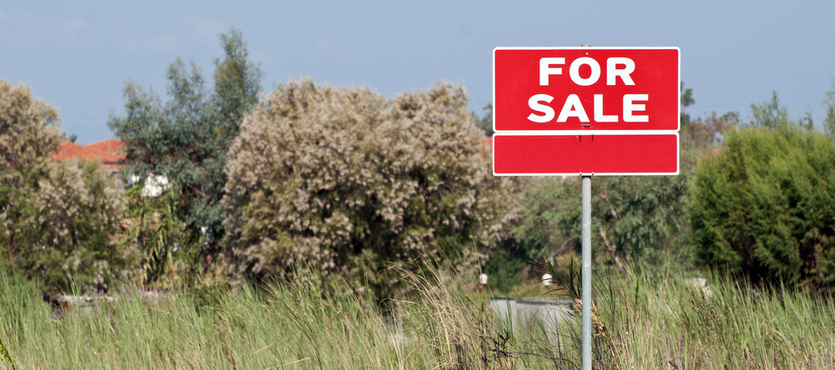If you are searching for land in South Florida to build your dream home, there are a few tips to follow to get more value out of your investment. From researching location to finding out about local building regulations, there are many things you can do to set yourself up for success.
How to Successfully Buy Land in South Florida
1. Location, Location, Location – do your research
As they say in real estate, location is everything. Yet, the best location for one person is not necessary the ideal location for another. That’s why we recommend making a list of your top priorities – do you want lots of land or a smaller parcel of property within walking distance to shops, dinning and attractions?
Do you want to purchase rural land or land in a more urban part of the state? Land location will cause price points to vary wildly. There are several different regions in South Florida to consider – all with their own sets of pros and cons, as well as unique culture, attractions, and weather patterns.
Researching an area before you decide to buy property there is key to finding a piece of land that checks off all of your requirements. See what restaurants, stores, and attractions are within walking or nearby driving distance. If you have kids, check out local school ratings in the area. All of these things will have a big impact on the value of your home after you build it, as well as your happiness residing there.
2. Get Financed Prior to Looking
Get pre-approved for financing before you start looking so that you know exactly what you can afford. Plus, if you find the ideal parcel of land, you can put in an offer right away instead of waiting to go through the approval process first. This will put you ahead of other bidders in case there’s a lot of competition over a good piece of land. Lastly, this helps prevent wasting your time.
3. Make Sure You’re Not in a Flood Zone
In Florida, the weather can be slightly unpredictable, and some homes are located in flood zones. The last thing you want to do is purchase a piece of property that is prone to flooding. This will cause your insurance rates to go through the roof, decrease home value, and could result in you having to deal with a flooded home down the road. If your ideal property is prone to flooding, it’s best to know about it ahead of time. That way, you can build a home on stilts or with other flood-proof precautions.
4. Check on Insurance Rates
This goes hand-in-hand with finding out about local flood zones. Getting a quote to insure a home before you build on a certain property can be very beneficial and prevent you from getting too far into the process before realizing it’s impossible to find someone to insure it and/or the costs are too high.
5. Be in The Know When It Comes to Local Land Regulations & Conditions
Are there certain land regulations? Will it be easy to get water and Internet service to this location? These are all important things to consider before buying land. That way, you can do what you want with the land instead of getting swamped beneath regulations.
In addition, find out if you’ll need a septic system or if you can be on the local city sewer system. This may or may not be a deal breaker for you.
As for power, if you are looking at more rural land, you may need to bring in power from the nearest source. In addition, you may need to get an easement from neighbors to access their electrical pole. The cost to install electricity varies based on location.
Build Your Dream Home with Paterson Development
We specialize in high-end custom homes that wow! Let us help you create the home you’ve been envisioning from start to finish – we take care of it all, from design plans to permits to construction. Check out some of our previous projects

